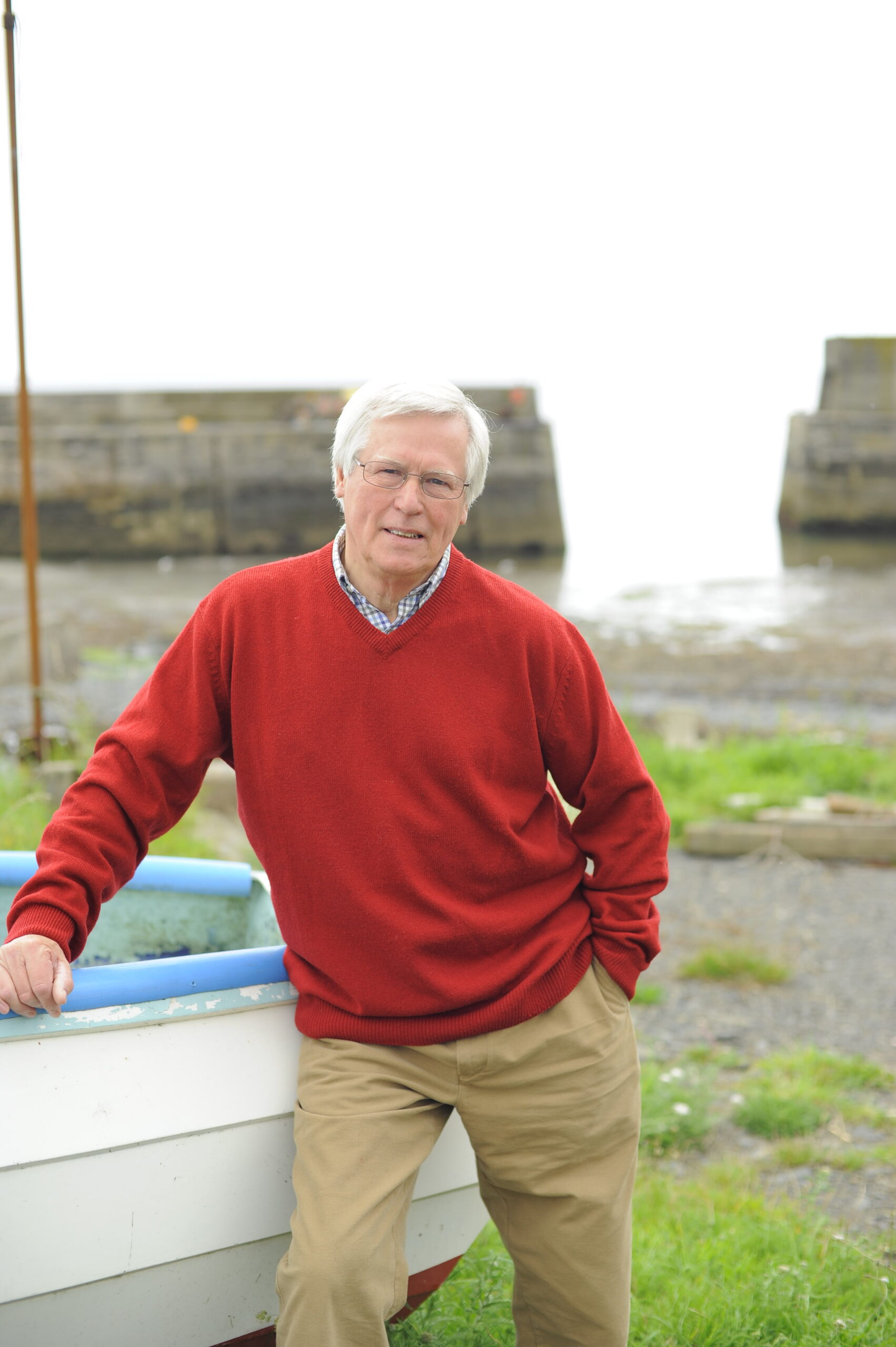
Weather permitting, this could be a very good month for taking a dip in the sea because Britain’s bathing beaches are breaking records for the high quality of their water – nearly 80 of them are now among the best in the world.
Blue flags, awarded by Keep Britain Tidy, are fluttering over 11 more beaches than last year. The Marine Conservation Society (MSC) says more than 500 have its seal of approval, the most since its Good Beach Guide was first published 25 years ago. Meanwhile, the EU reports that 97 percent of UK beaches meet mandatory standards for water, while 83 percent are classed as excellent.
All this is heartening news for our seaside holiday industry, and an achievement to be proud of. But maybe we should all enjoy carefree plunges in the briny while they last, because things are about to change. In 2015, new, far more stringent EU standards will start to bite and it could mean that a fifth of our best beaches lose their star ratings.
Raising the standard
“The tests are going to be about twice as tough,” warns Dr Robert Keirle of MCS, “and if a beach does not meet the standards, temporary signs will have to be erected advising people not to go into the water. Should a beach fail for five consecutive years, those signs will become permanent. Imagine how devastating that could be. People are drawn to resorts by the sea, but will they continue to be drawn if it’s put out of bounds? The deadline has been set and action must be taken.”
It’s going to be quite a challenge, then, for the Cleaner Seas Forum, set up by Defra and involving local authorities, water companies and other interested parties with the target of improving water quality. Already it is piloting a scheme to alert bathers when raw sewage, one of the main causes of pollution, is being discharged into the sea close to where they intend to swim.
This happens when treatment works overflow after heavy rain. MSC says there are 31,000 of these sewage outflow pipes, known as CSOs, and claims to have evidence that some discharge into the sea well in excess of the permitted 10 times a year – and of one pumping untreated effluent for more than 1,000 hours during last year’s bathing season.
The problem is most of us haven’t a clue where these CSOs are. “Issuing maps showing their position would cost relatively little,” says Dr Keirle “yet it could make a difference between an enjoyable trip to the beach or one that ends up at the doctor with ear, nose and throat infections or stomach upsets.”
And what about our seashore – how clean is that? Well, it’s getting better according to the latest annual Beachwatch survey. Volunteers cleaned up 335 beaches and collected 247,014 items of litter (noting a big increase in dog mess in plastic bags), which represented an 11 percent drop on the year before. It’s still worryingly high, say the organisers, but will the decrease continue? We’ll find out after the next Beachwatch Big Weekend on 15-16 September. If you would like to help, find out more at www.mcsuk.org/beachwatch.
